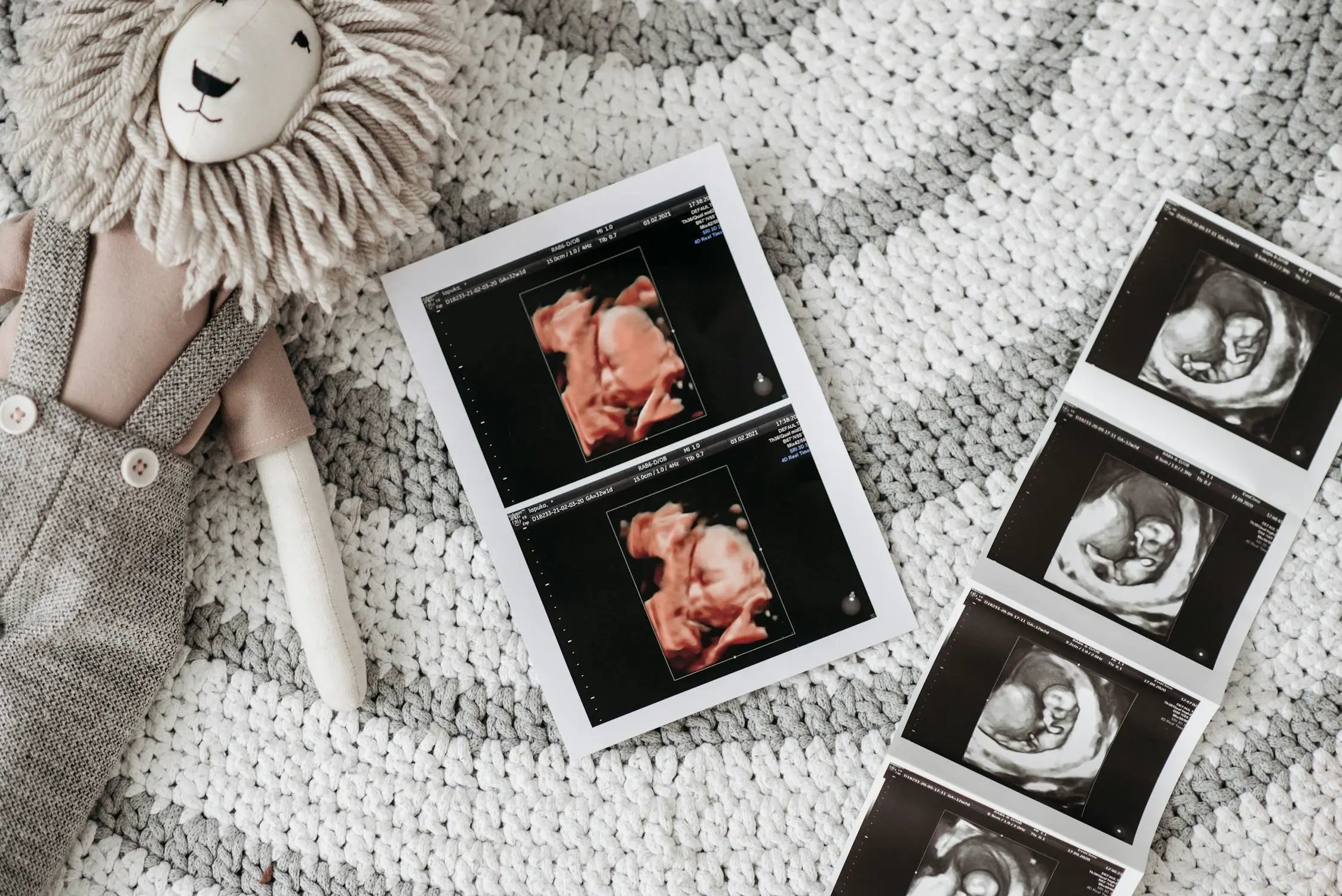Inicio
Pregnancy, Breastfeeding, and Pumping: The Ultimate Guide for Moms
Can a Negative Pregnancy Test Turn Positive Overnight? Exploring the Possibilities

Can a Negative Pregnancy Test Turn Positive Overnight? Exploring the Possibilities
Have you ever experienced the emotional rollercoaster of taking a pregnancy test, only to see a negative result, and then waking up the next day to find it positive? The question 'Can a negative pregnancy test turn positive overnight?' is one that many women ask, especially those who are eagerly trying to conceive. This phenomenon can be both confusing and exciting, and understanding the science behind it is crucial for managing expectations and making informed decisions.
Understanding Pregnancy Tests
Pregnancy tests work by detecting the presence of human chorionic gonadotropin (hCG), a hormone produced by the placenta after a fertilized egg attaches to the uterine lining. The levels of hCG increase rapidly in the early stages of pregnancy, doubling approximately every 48 to 72 hours. Most home pregnancy tests are designed to detect hCG levels above a certain threshold, typically around 25 mIU/mL.
Why a Negative Test Can Turn Positive Overnight
There are several reasons why a negative pregnancy test might turn positive overnight. One of the most common explanations is the timing of the test. If you take the test too early in your pregnancy, the hCG levels may not yet be high enough to be detected by the test. However, as the hormone levels continue to rise, a test taken the next day could show a positive result.
Another factor to consider is the sensitivity of the test. Some tests are more sensitive than others and can detect lower levels of hCG. If you initially use a less sensitive test and then switch to a more sensitive one, the latter may detect the hCG that the former could not.
Additionally, the concentration of hCG in your urine can vary depending on factors such as hydration levels and the time of day. Morning urine is typically more concentrated and may contain higher levels of hCG, making it more likely to yield a positive result.
Chemical Pregnancies and False Negatives
Another possibility is a chemical pregnancy, which occurs when a fertilized egg implants in the uterus but fails to develop. In such cases, hCG levels may rise initially, leading to a positive test, but then drop rapidly, resulting in a negative test. If you take a test during this window, you might see a negative result that turns positive overnight as hCG levels fluctuate.
False negatives can also occur due to user error, such as not following the test instructions correctly or using an expired test. If you suspect a false negative, it's a good idea to retest after a day or two, following the instructions carefully.
When to Seek Medical Advice
If you experience a negative pregnancy test that turns positive overnight, it's essential to consult with a healthcare provider to confirm the pregnancy and rule out any potential complications. A blood test can measure hCG levels more accurately and provide a definitive answer. Your healthcare provider can also offer guidance on prenatal care and next steps.
It's also important to be aware of the signs of an ectopic pregnancy, which occurs when a fertilized egg implants outside the uterus, typically in a fallopian tube. Symptoms may include abdominal pain, vaginal bleeding, and shoulder pain. If you experience any of these symptoms, seek medical attention immediately.
Managing Expectations and Emotional Well-being
The journey to conception can be emotionally taxing, and the uncertainty surrounding pregnancy tests can add to the stress. It's essential to manage your expectations and take care of your emotional well-being. Surround yourself with a supportive network of friends and family, and consider joining a support group for women trying to conceive.
Remember that every woman's body is different, and the timing of hCG production can vary. If you receive a negative result, don't lose hope. Wait a few days and retest, or consult with your healthcare provider for further guidance.
Ultimately, the question 'Can a negative pregnancy test turn positive overnight?' highlights the complexities of early pregnancy detection. By understanding the factors that can influence test results, you can navigate this journey with greater confidence and peace of mind.
So, if you find yourself staring at a pregnancy test that has changed overnight, take a deep breath and consider the possibilities. Whether it's a matter of timing, test sensitivity, or fluctuating hCG levels, there's a scientific explanation behind the change. And as you continue on your path to parenthood, remember that every step, no matter how uncertain, brings you closer to your goal.
Compartir
